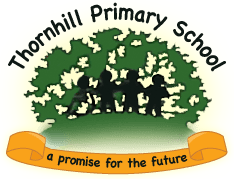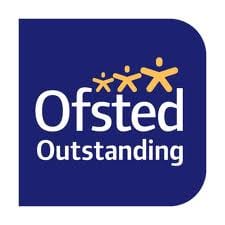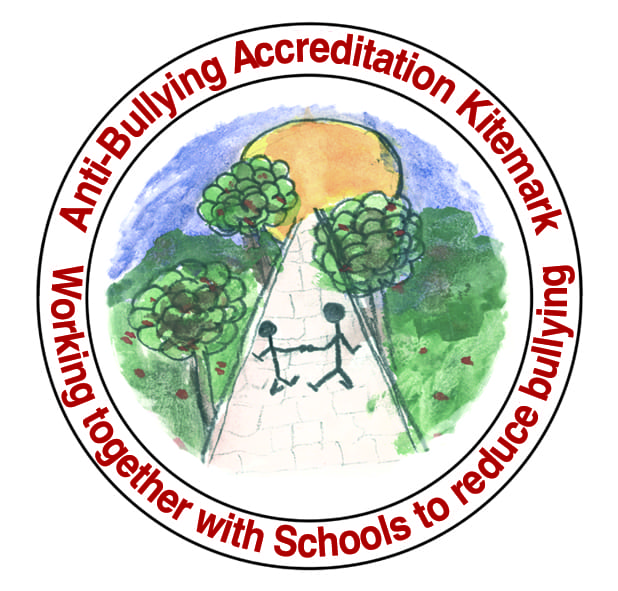| Philosophy |
| In Thornhill Primary, we believe that it is important for all our pupils to learn from and about religion, so that they can understand the world around them. The aim of Religious Education in our school is to help children to acquire and develop knowledge and understanding of the principal religions represented in Great Britain; to appreciate the way that religious beliefs shape life and behaviour, develop the ability to make reasoned and informed judgements about religious and moral issues and enhance their spiritual, moral, social and cultural development. |
| Intent: What we are trying to achieve through our curriculum… |
| Our R.E. curriculum allows children to discover and gain an insight into religions within the world that we live. We see the teaching of R.E. is vital for children to understand others’ beliefs and make connections between their own values. It is our role to ensure pupils are being inquisitive by asking questions about the world around them by allowing pupils to gain high quality experiences.
We will deliver a curriculum that: · Celebrates the diverse and rich community of Great Britain. · Inspires creative learning through excellent teaching practices that build on prior R.E. learning and allow for repetition and progression of knowledge and skills that build upon high starting points. · Embraces the community in which it is situated, recognising local places of worship. · Is inclusive, develops self-confidence and identifies that all our children are unique and therefore we should all be tolerant of each other’s beliefs. · Encourages our children to be inquisitive about others beliefs developing inquiry based R.E. skills that allow them to culturally aware of the world around them. · Promotes equality and understanding of the British values and ensures they are prepared for life in modern Britain. RE plays an important role, along with all other curriculum areas, particularly PSHE, in promoting social awareness and understanding in our children. We encourage our pupils to ask questions about the world and to reflect on their own beliefs, values and experiences. We include and promote British values, ensuring that children are aware of their rights and responsibilities as UK citizens. |
| Implementation: How our curriculum is delivered… |
| We use the recommended knowledge and skills for Early Years, Key Stage 1 and Key Stage 2 from the Agreed Syllabus for Religious Education developed by Durham County Council as the basis for our curriculum.
It has been agreed that having taken into account the requirements and guidelines presented in the Agreed Syllabus, the following religions have been selected for study: · Christianity · Judaism · Islam · Hinduism · Sikhism · Buddhism We use a variety of teaching and learning styles in our RE lessons. Our principal aim is to develop children’s knowledge, skills, and understanding. We plan curriculum visits outside of school as well as invite visitors into school to develop children’s knowledge and provide enriching contextual experiences. We encourage the children to ask, as well as answer, questions. In Early Years we look closely at linking areas of the curriculum in order to ensure learning is within meaningful contexts while in Key Stage One and Two RE is taught as a discrete subject. In EYFS, the majority of our RE teaching is through story. The curriculum planning in RE is in four phases; progression of knowledge and skills, long term plans, medium-term plans and short-term plans. The ‘Progression of Knowledge and Skills in RE’ maps all of the knowledge and skills required to be taught across Key Stages 1 and 2. This document ensures the purposeful sequencing of teaching and learning experiences across multiple developmental stages and year groups. Therefore, all children are provided with the most appropriate tools so they can build on what they already know. We recognise the building of knowledge and skills as an essential part of learning and we deliver this by introducing a new religion in each year group. Year 1 – Christianity and Judaism Year 2 – Christianity, Judaism and Islam Year 3 – Christianity, Judaism, Islam and Hinduism Year 4 – Christianity, Judaism, Islam, Hinduism and Sikhism Year 5 – Christianity, Judaism, Islam, Hinduism, Sikhism and Buddhism Year 6 – Christianity, Judaism, Islam, Hinduism, Sikhism and Buddhism. Comparing and contrasting the six chosen religions. There are no presumptions made as to the religious backgrounds and beliefs and values of the children and the staff. We value the religious background of all members of the school community and hope that this will encourage individuals to share their own experiences with others freely. All religions and their communities are treated with respect and sensitivity and we value the links, which are, and can be made between home, school, and a faith community. We acknowledge that each religion studied can contribute to the education of all our pupils. We assess children’s work in RE by making informal judgements as we observe them during lessons, evaluate written and practical work and ask quiz questions based on the topics covered. At the end of a unit of work the teacher makes a summary judgement about the work of each pupil in relation to the recommended sylabus. The teacher records the attainment grades on the assessment system. Quiz questions are used throughout the school to ensure the children retain and revise previously gained knowledge. We use our key school documents to plan our RE throughout the school: LTP / Progression of Knowledge & Skills / MTP / Short term plans. There is a focus on the following disciplinary skills: Reflection
Empathy
Investigation
Interpretation
Evaluation
Analysis
Synthesis
Application
Expression
|
| Impact: The difference our curriculum is making… |
| The children enjoy learning about other religions and why people choose, or choose not to follow a religion. Through their R.E. learning, the children are able to make links between their own lives and those of others in their community and in the wider world, developing an understanding of other people’s cultures and ways of life. As such, R.E. is invaluable in an ever changing world.
Religious Education at Thornhill develops pupils’… · knowledge and understanding of, and their ability to respond to, Christianity, other principal world religions, other religious traditions and world views; · understanding and respect for different religions, beliefs, values and traditions (including ethical life stances), through exploring issues within and between faiths; · understanding of the influence of faith and belief on individuals, societies, communities and cultures; · skills of enquiry and response through the use of religious vocabulary, questioning and empathy; · skills of reflection, expression, application, analysis and evaluation of beliefs, values and practices, and the communication of personal responses to these. · learn from different religions, beliefs, values and traditions while exploring questions of meaning and their own beliefs; · learn about religious and ethical teaching, enabling them to make reasoned and informed responses to religious, moral and social issues; · develop their sense of identity and belonging, preparing them for life as citizens · develop respect for and sensitivity to others, in particular those whose faiths and beliefs are different from their own. The impact is evidenced throughout discussions, outcomes of tasks and through our formative and summative assessment systems. Pupils talk enthusiastically about their RE lessons and are able to use acquired vocabulary. The children show a high level of pride in the presentation of their work within their books. Visitors comment on our pupil’s knowledge and understanding. |





